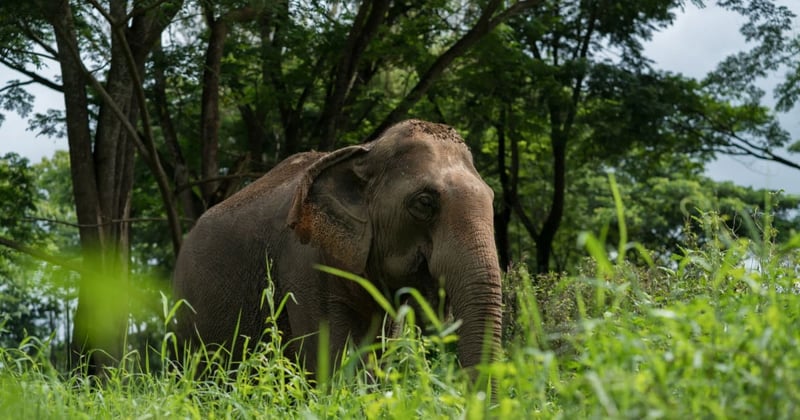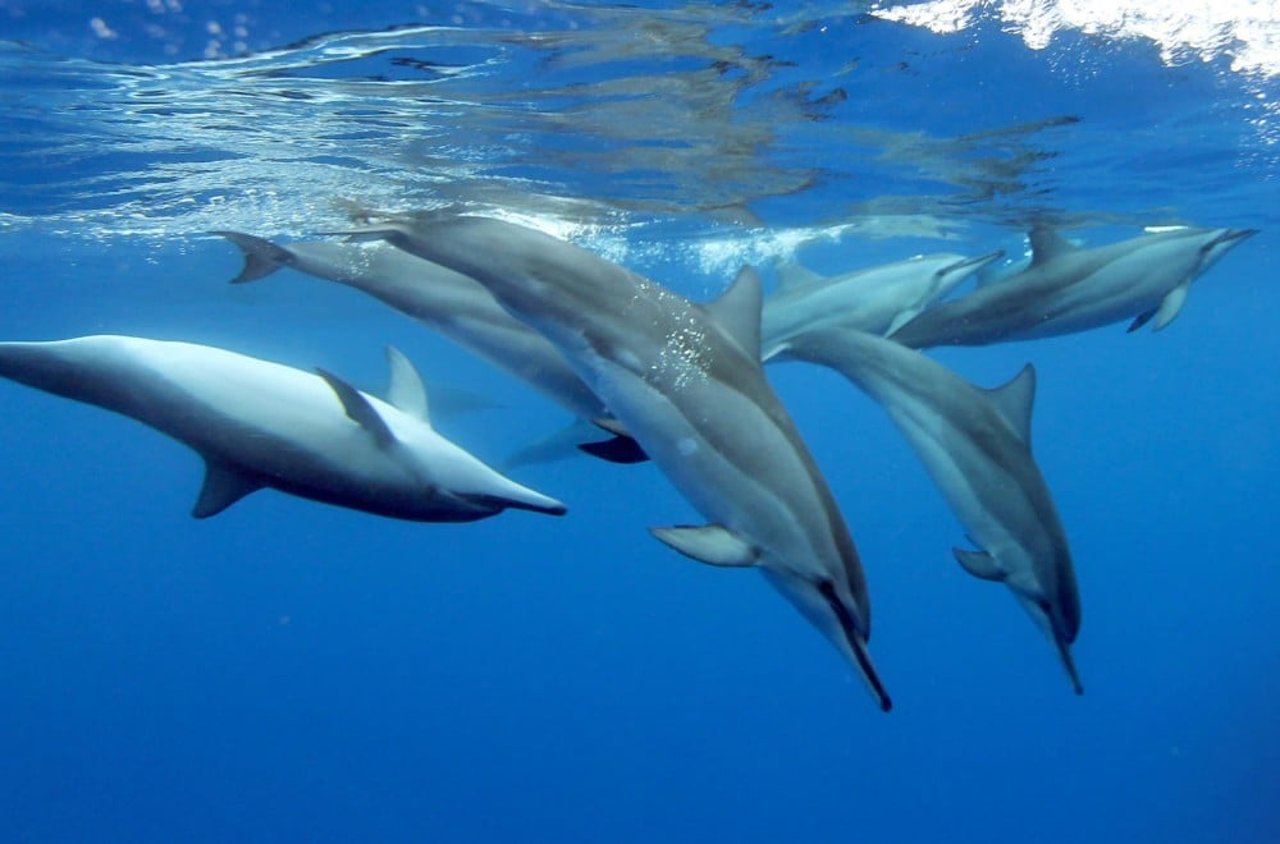
The Coalition for Ethical Wildlife Tourism
News
The Coalition for Ethical Wildlife Tourism (CEWT), is an alliance of committed travel industry leaders from across the globe working to end cruel wildlife entertainment.
Ethical wildlife tourism is the future
More than 500,000 wild animals worldwide, including elephants, sloths, tigers and dolphins, are suffering for tourist entertainment. Depending on the species, the cruelty can involve snatching from the wild, ‘training’ with beatings, isolation and chaining, severely inadequate living conditions and forced contact with people.
Despite a growing awareness amongst tourists and travel companies, around 110 million people still visit cruel wildlife attractions annually, either independently or through tour operators or travel agents. Therefore, in a time when tourism is growing, more action is needed.
Members of the coalition acknowledge all of the above, as well as their unique position to change the lives of wild animals for the better.
By working together, coalition members aim to:
- prove a strong demand and support for venues to become Elephant-Friendly (observation only) to increase the supply of truly ethical, high welfare elephant venues.
- drive industry standards and government legislation that better protect wild animals and phase out cruel wildlife entertainment practices.
Who we are
Our coalition is made up of representatives from the travel industry and World Animal Protection:
- ANVR
- DER Touristik
- EXO Travel
- G Adventures & Planeterra Foundation
- Intrepid Group & The Intrepid Foundation
- Thomas Cook Group
- The Travel Corporation & TreadRight Foundation
- TUI Group
- TUI Care Foundation
The coalition came about after initial interest from travel industry stakeholders at the roundtable 'Moving towards an Elephant-Friendly future', organised by us during ITB Berlin in 2016.
The travel industry plays a critical role in reducing demand for wildlife entertainment
Over 200 travel companies have joined us and committed to stop selling and promoting venues that offer elephant rides and shows. Many of these companies have gone further, also committing to stop selling any wildlife entertainment, whether it is watching a dolphin perform in a show or direct interaction with a tiger for a photo-op.
Take a look at our list of elephant-friendly travel companies here.
Through our collaborative work we have witnessed the effects of travel companies pulling out of elephant riding. This movement has created the space for elephant camps in Thailand and elsewhere to want to transition their business models to become elephant-friendly (observation only). This economic incentive is essential to drive real change by suppliers, who ultimately respond to demand.
As a responsible leader in the travel industry, you know your businesses must continue to adapt to provide meaningful customer experiences and ensure animals are protected.
We are here to assist you to help end animal suffering and ensure wild animals like elephants, tigers and dolphins remain in the wild for future generations of travellers to experience.
Here’s what you can do:
- Take our pledge to phase-out elephant rides and other forms of wildlife entertainment.
- Develop an animal welfare policy and action plan.
- Train your staff on animal welfare and how to identify cruel attractions.
- Remove wildlife entertainment from your supply chain. We can provide tools including our Checking out cruelty report to help you identify red flags.
- Educate customers on your animal welfare commitment and what they can do to be animal-friendly tourists.
- Work together to improve industry standards, policy and legislation to better protect the welfare of animals and the preservation of wildlife through tourism.
Together, we can end the suffering of captive wild animals in tourism. Wild animals belong in the wild – not in entertainment.
The Coalition for Ethical Wildlife Tourism – proving the demand for animal-friendly tourism.
